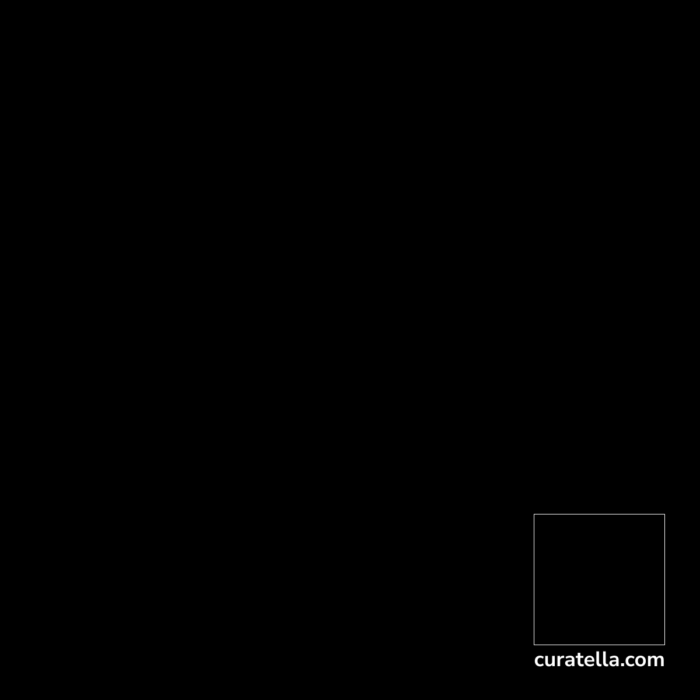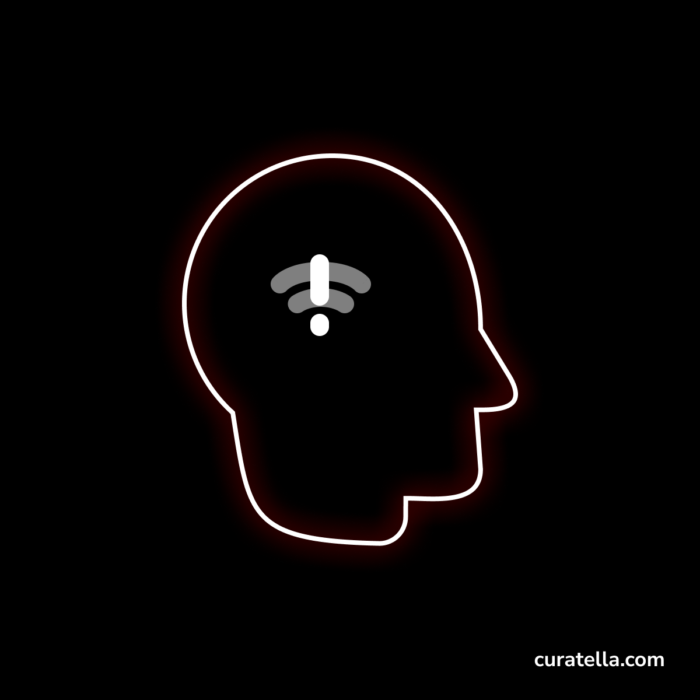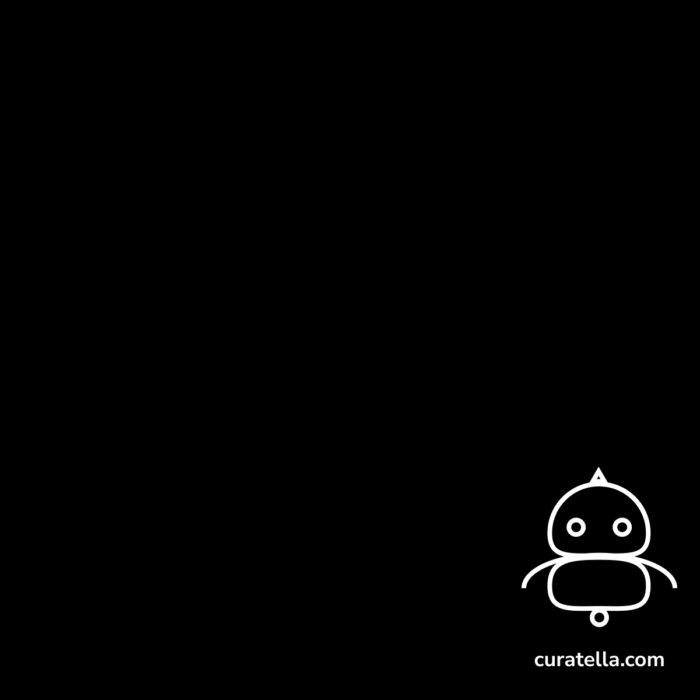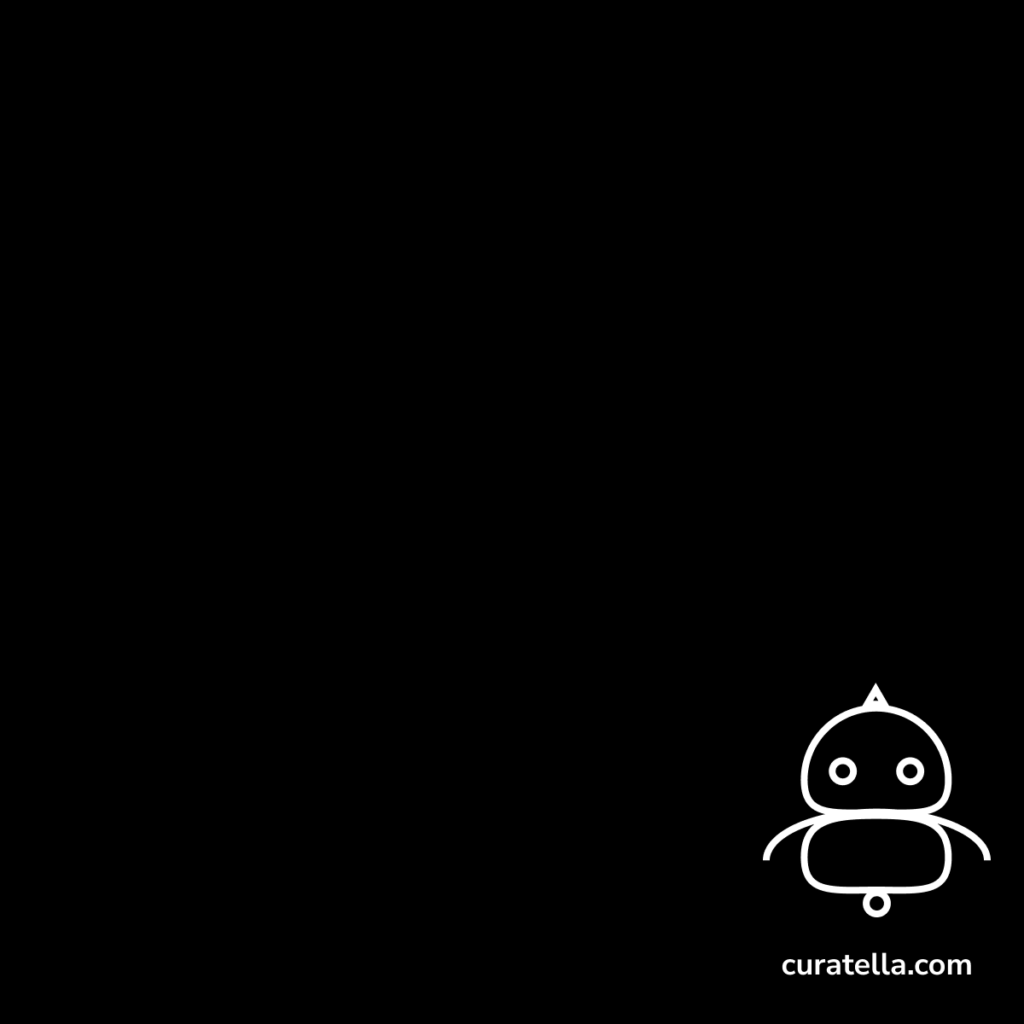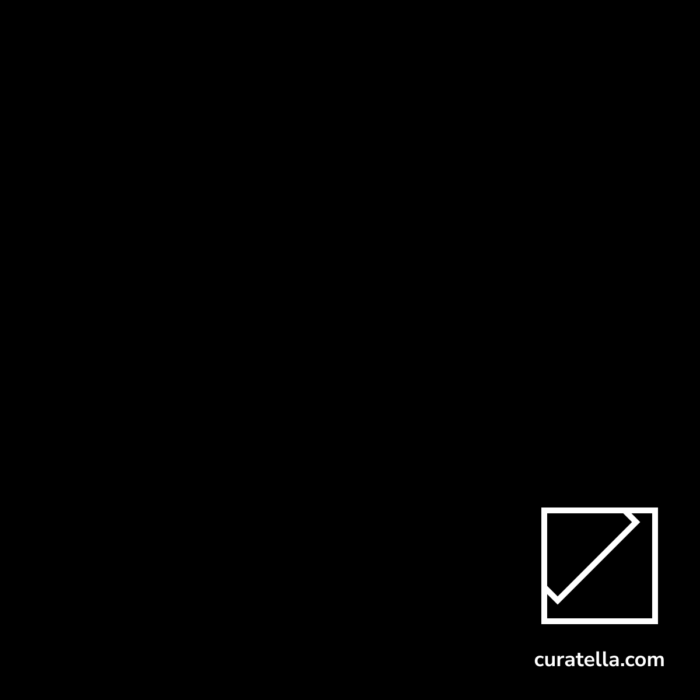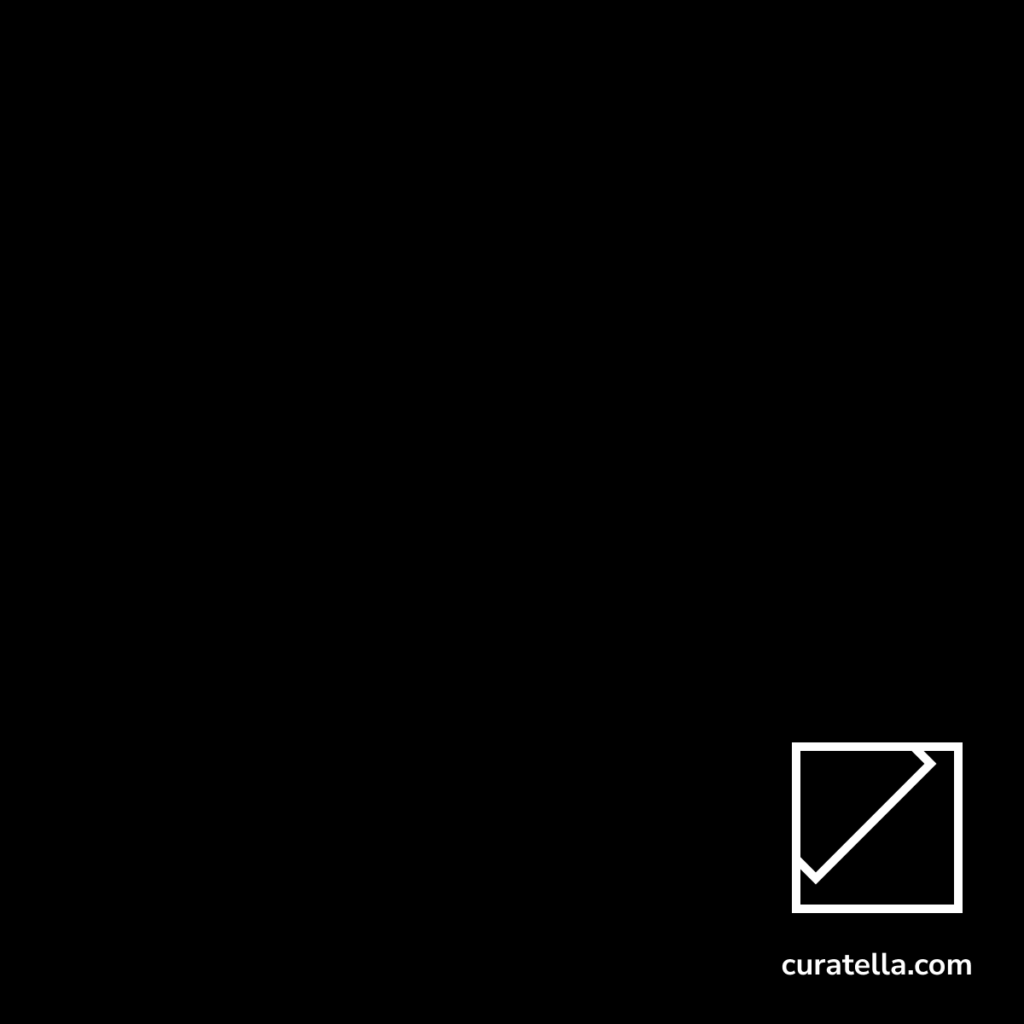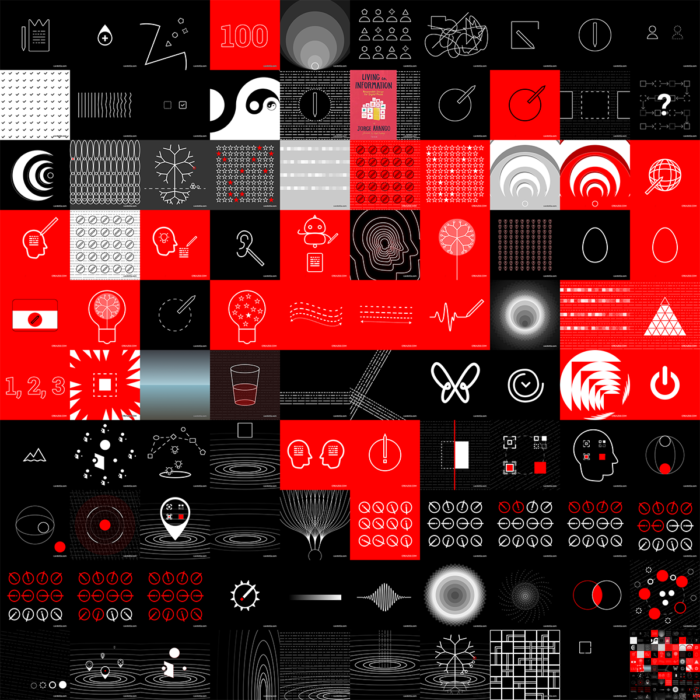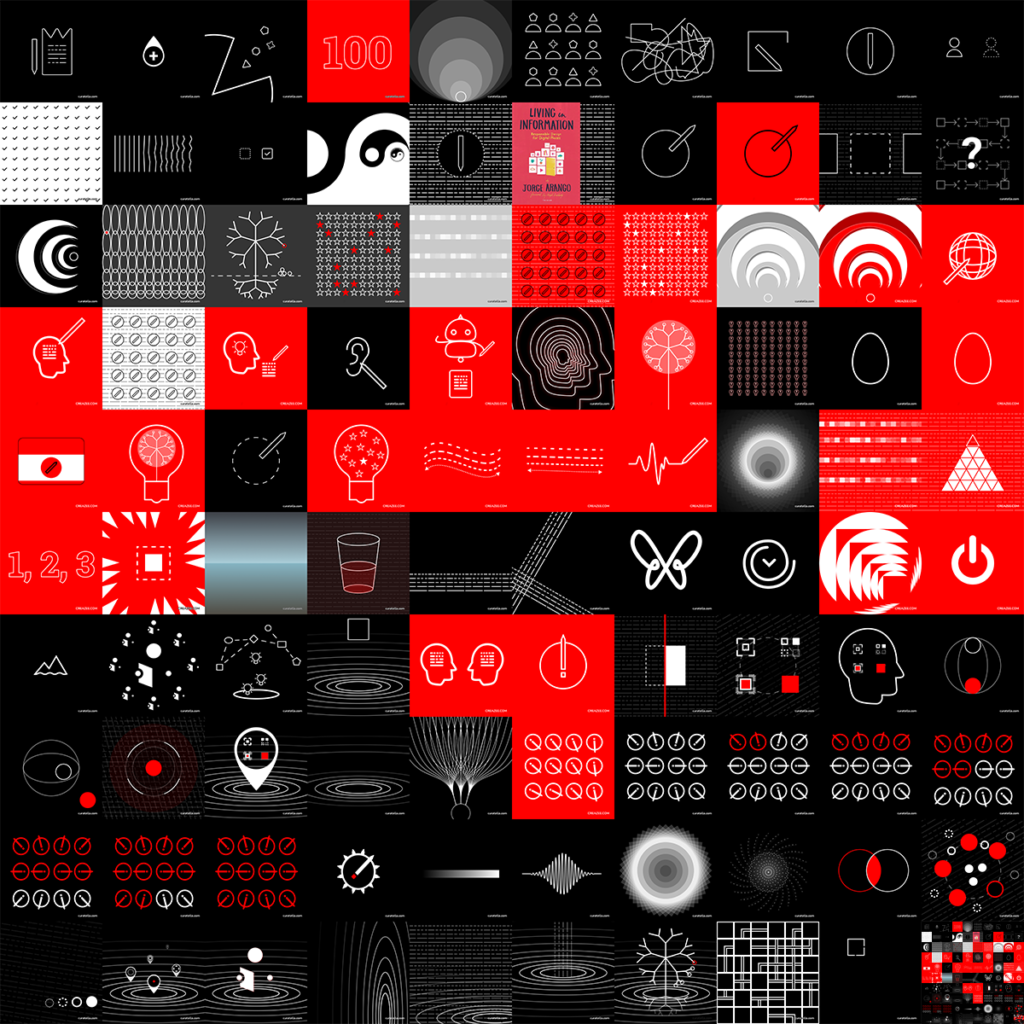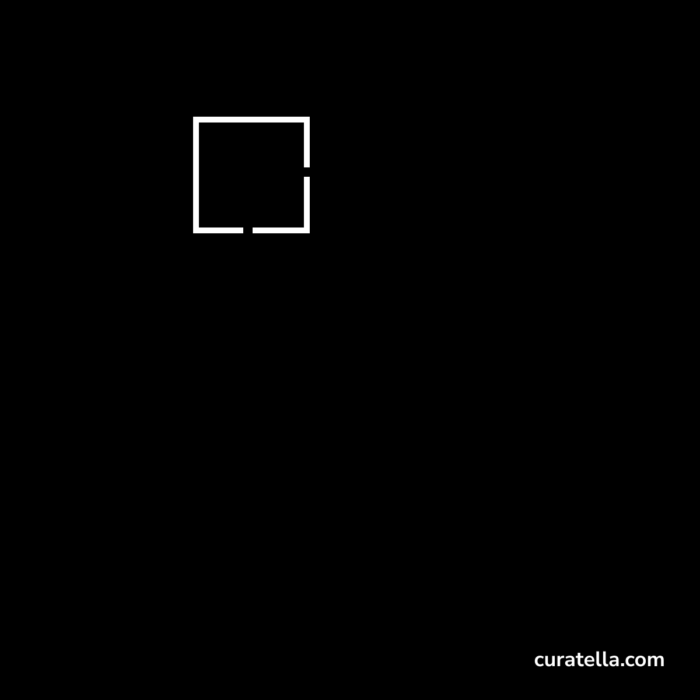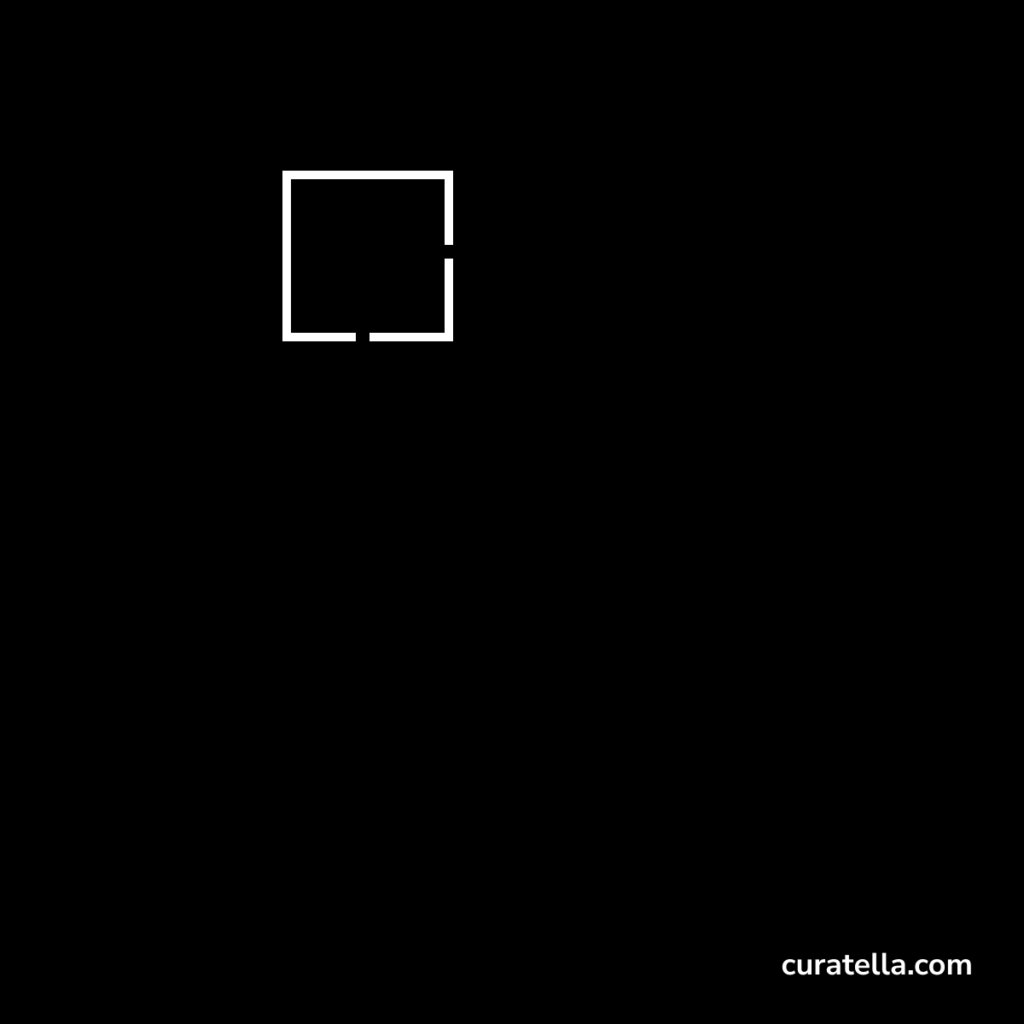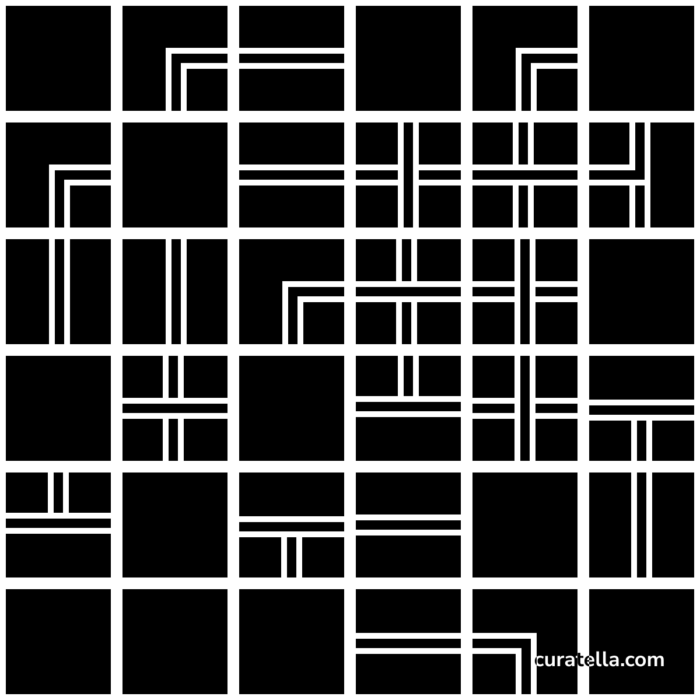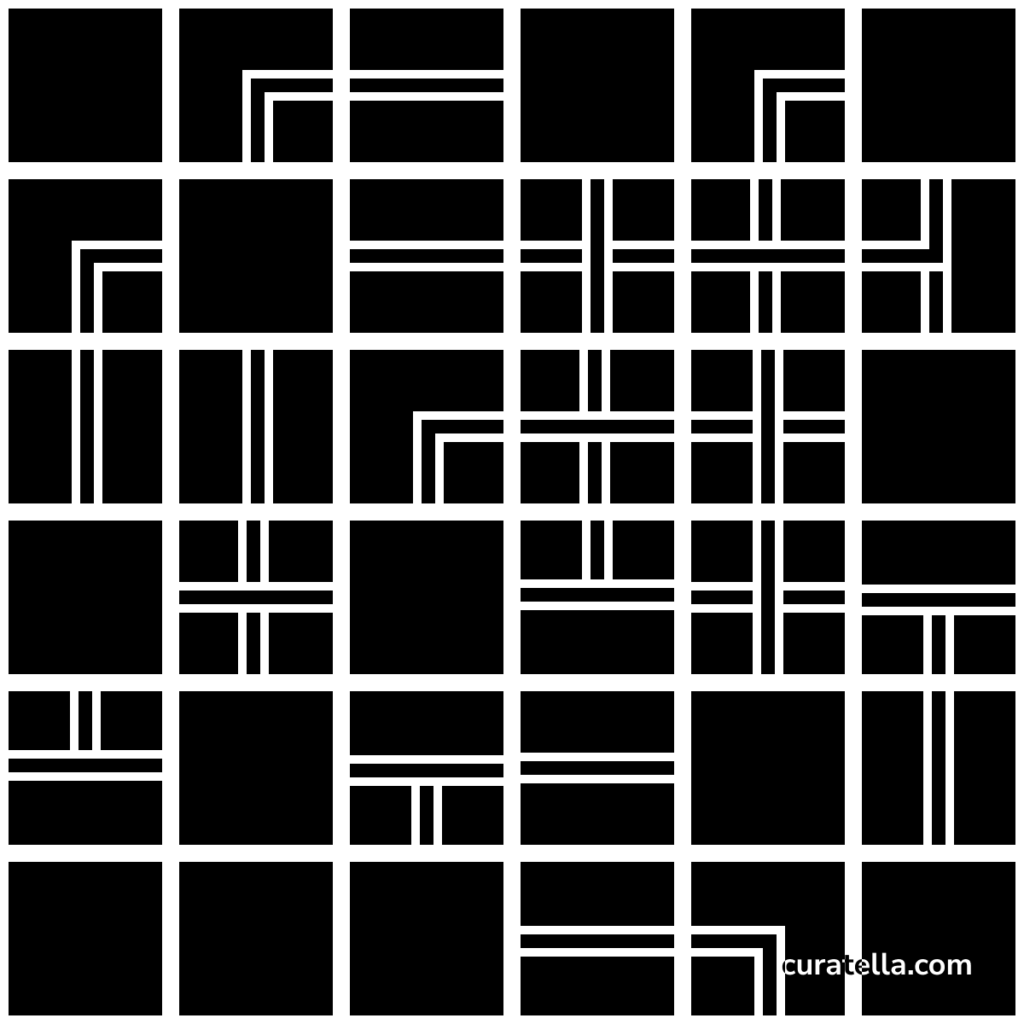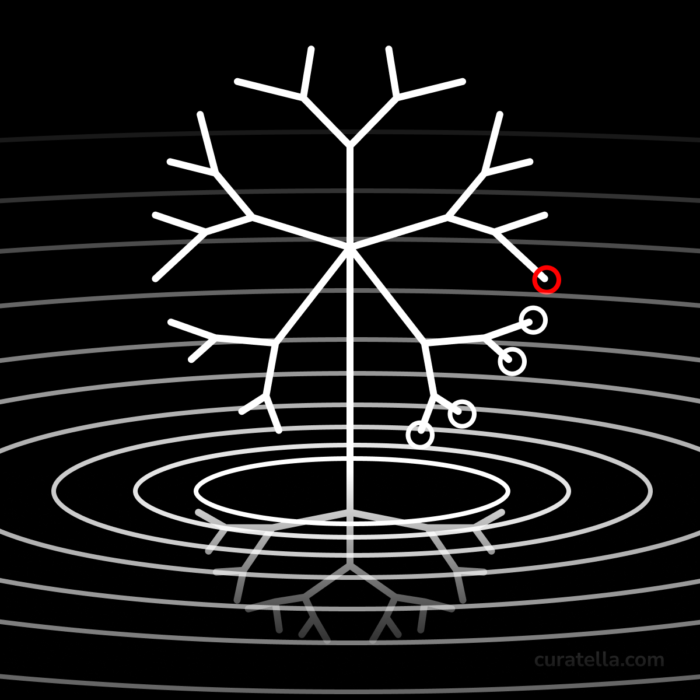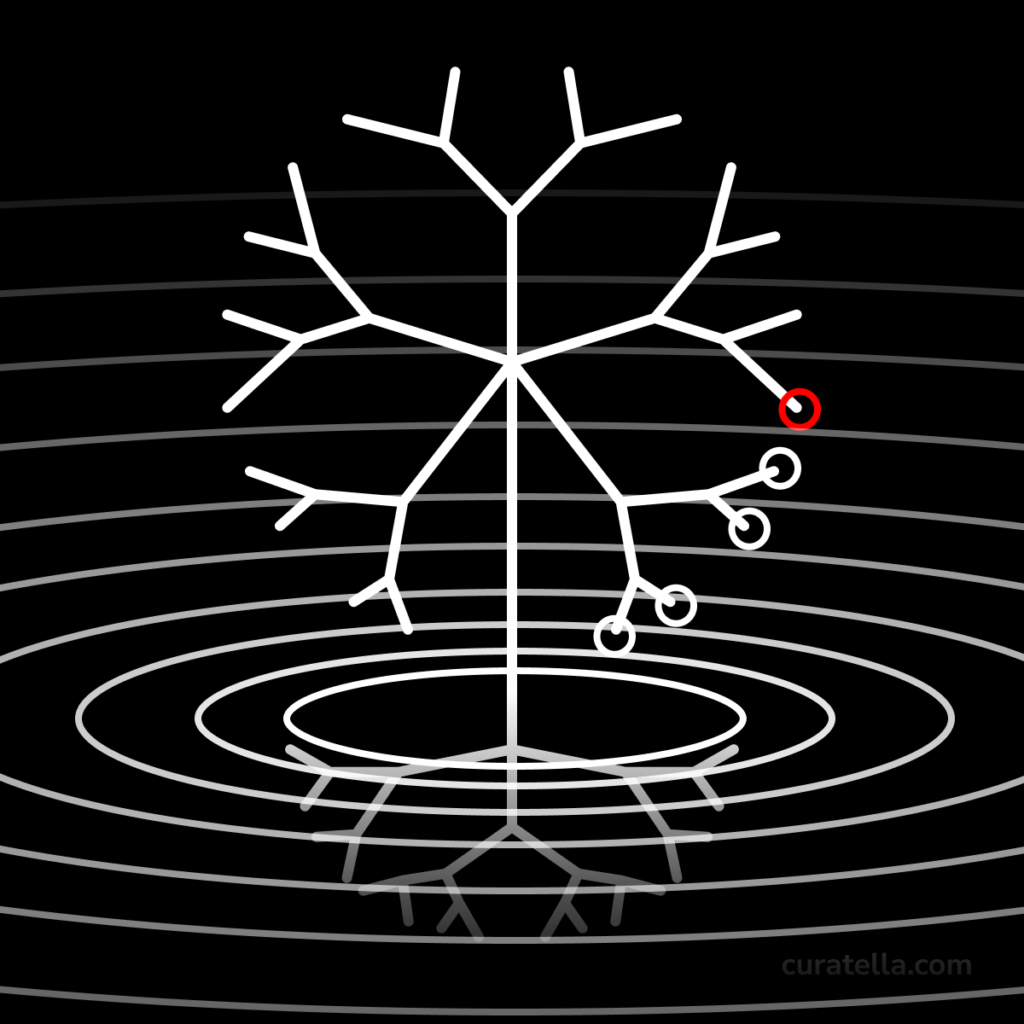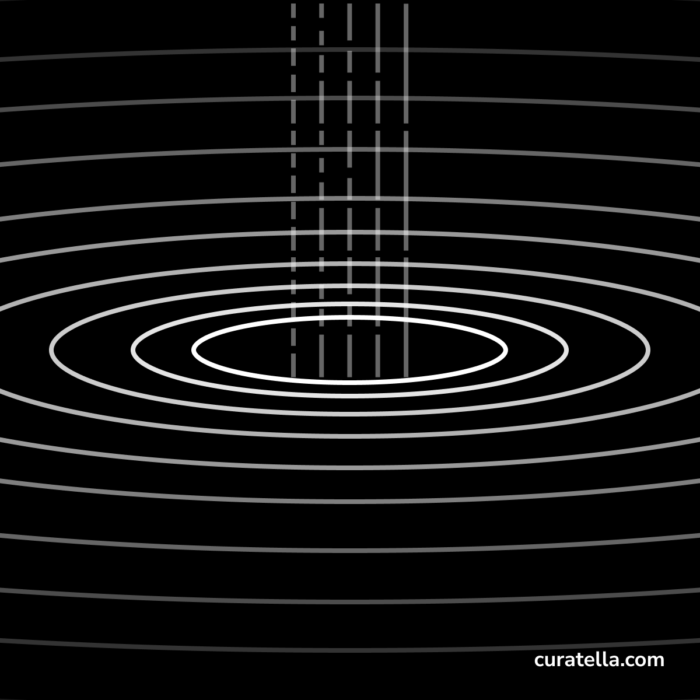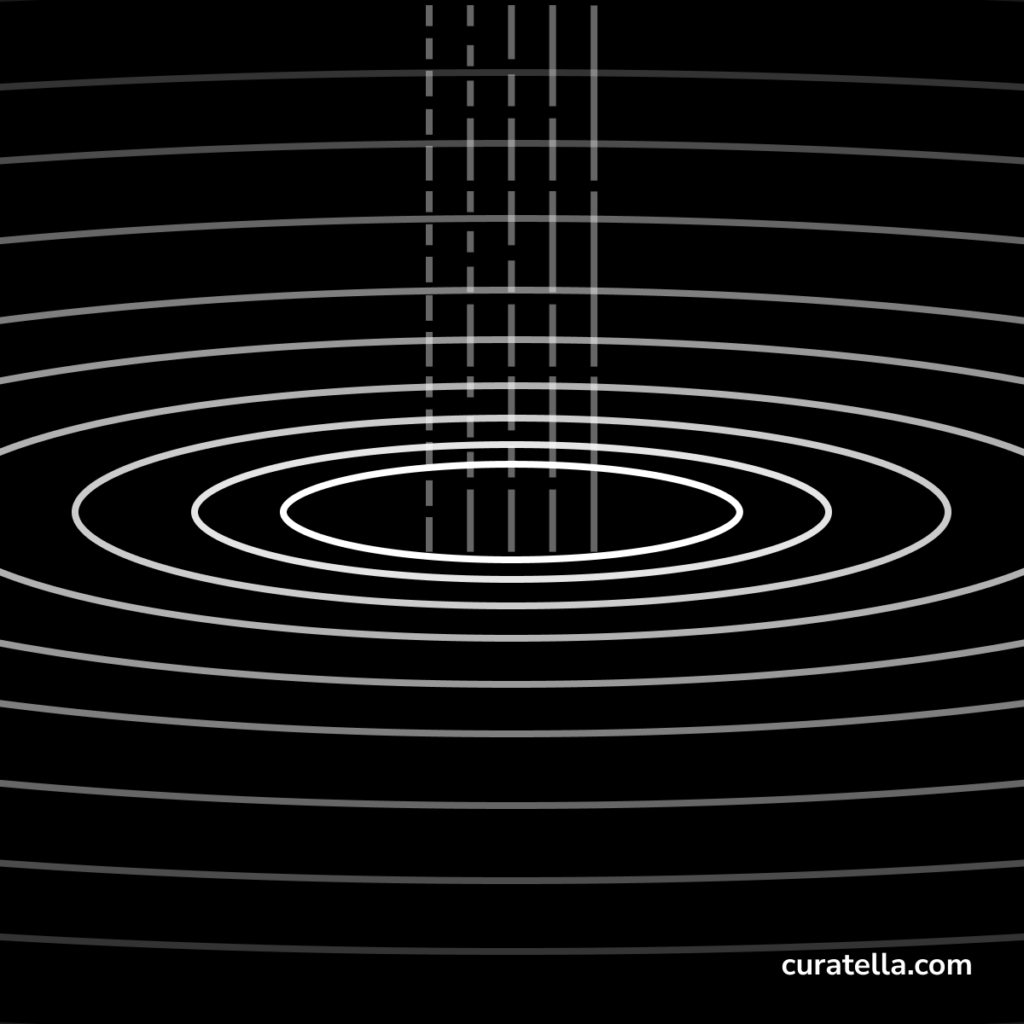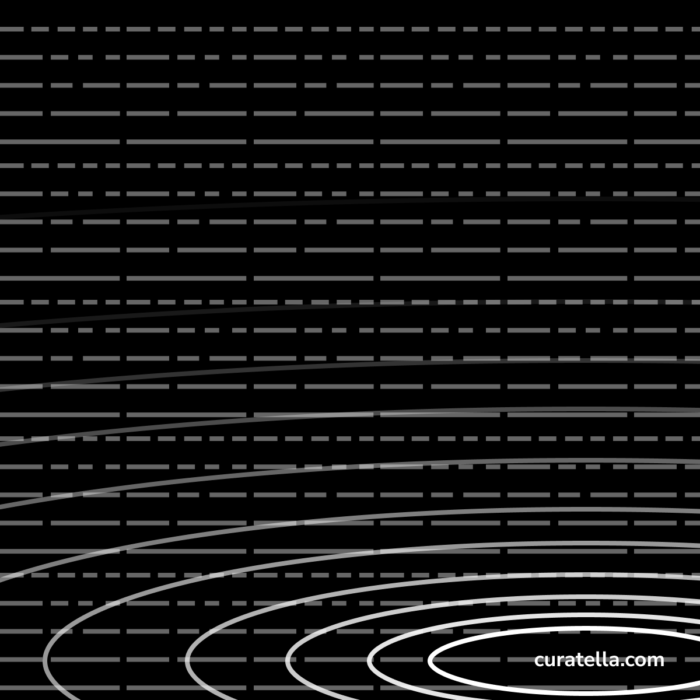No.
Category: Posts

No Internet, No Thinking?
Internet goes down from time to time. A little disruption, sometimes a few minutes of blackout or, horror, horror, half a day. In those moments, I am forced to think about making the best use of my creativity without connectivity. Yes, of course, there could be mobile data connection, so you still have Internet unless you are in an inaccessible area. But I am referring to total blackout.
I miss those moments pre-1995 when I use to either waste my brain on TV (still possible) or listen to music (of course I still do but have you ever listened to music without doing something else on the Internet?) or the most beautiful, laying on the floor or the couch daydreaming (or napping).
So, I have all good intentions when the Internet is down, I grab a solid paper book or a notebook with a pen, and I imagine I would jot down notes, inspiration, or diagrams. Things that I actually do every day, but only because I know I can then immediately resume my thinking with a digital aid. When the connection is down, many other pressures go down, the need to stay in touch with the world, with work, with the news. It’s a rare moment of peace in my mind, and while having the most formidable ideas about learning and design, drawing and animation, concepts for a story or a character, I cannot help but fall asleep.
It’s a private transgression, full of joy and refreshing power.
Usually, when I woke up, the magic disappears because the Internet is accessible again, and I immediately get sucked into its spiral.
How much would I like to turn off the Internet intentionally to re-establish a healthier relationship with my brain?

Thanks, Technology
We can blame a lot of things on technology: privacy, screen addiction, brain softening, big brother (The Show), Star Wars The Prequel. But we can also say we are living the best of times. The best time any human being has ever lived within. I really don’t have any desire for medieval medics to drill holes into my skull nor cure any of my problems with leeches. Science is not perfect, medicine has a lot to discover, but I am grateful for those remedies that alleviate so many of our pains.
Uncertainty, side effects, accessibility, safety, corruption, and many more negative aspects need our attention. We need to improve technology to make it our most powerful tool to reduce and mitigate suffering.
Today I used technology to be better, now and in the future.
And I am grateful for that.
Thanks, technology.

202. Thanks, Technology 
Writing is not writing
Writing as making signs.
A pen, carefully dragged on paper, with the tip side touching the surface, leaves traces of your arm’s movement. Different shades of blue, of black, of red, of any color your want, accumulate on the spongy material by forming tracks. It’s a repetition of dance moves. Not casual. But never equals. Not unique. But always changing. Curves, straight lines, dots, dashes. Writing with a pen, ink, and paper is a physical gesture. You can perceive the activity by looking at the body. Somebody is marking, sometimes forever, an object. Not to make it their own but to express their thoughts.
Writing as expressing your thoughts
If you stop for a moment and listen to your mind’s voice reading these words, you realize living one of the most intimate experiences a human being can have. Listening to their thoughts. The evolution’s power equipped you with such powerful tools to decode signals captured with your eyes. Where any other living creature would see spots of inks or dark blinking squares, we see the message conveyed by somebody. Thinking and expressing our thoughts is what makes us uniquely human. It’s a magical experience that makes us alive, individuals, persons. The physical act of writing could be seen as the translation of our thoughts. IT’s usually mechanic, and while we refer to the act of writing as effortful, sometimes hard or impossible, difficult, actually we are referring to the act of expressing our thoughts.
Writing is not writing.
That is why I think that writing it’s not just writing. It’s the complex, intimate, and personal process of collecting and developing our thoughts to put them in a tangible form that humankind can decode.
Writing is just one of the means to express ourselves. Art, music, singing, sculpting, dancing, any other activity generated by our feelings and our thoughts is what makes us alive and communicate.
Sometimes writing is not writing.
It’s life.

And what is it then? 
200 Daily Articles Published. What I Have Learned.
Why didn’t I start earlier? It’s the most recurring thought I have when I think about my daily writing streak. I started believing I would have written 30 articles in 30 days, and here I am. This is my 200th daily article written in a row. I had already made some considerations when I wrote my 100th one and my half a million words of private journaling. I am not reading it. I want to see what comes up without refreshing my memory of that context.
What have I learned by writing every day for 200 days?
My thinking is faster and deeper, although I feel even more fragmented in my writing. I struggled several times to keep my daily commitment. More than in the past.
I can focus better and for more extended periods. I feel I can address and manage more complicated problems and more complex contexts. That doesn’t reflect in the depth of the articles I wrote, though. I saw positive consequences in all but my writing.
I see improvement in my planning and scheduling skills. I am more sensitive to robust logical processes, and I can spot holes quicker.
I perceive continuity in my constant thinking about writing. I am always searching for a daily topic, but I almost always fail to dedicate enough resources to develop it. 90 times out of 100, I rushed it, “just because I have to do it.” That is the most frustrating feeling. I’ve set the goal myself, and I pull my body at the keyboard to do it, usually without much pleasure but perceiving it as a chore.
My desire for a different approach to writing is stronger and stronger. I dream about writing deeper, not necessarily longer but better-researched pieces.
I am now more aware of the communication style I use the most. It’s me, talking in the first person. So most of my sentences are of the type “I do, I think, I want.” I think it’s fine. I feel comfortable with that. And I also realize that this is not necessarily the best way to get closer to you, my dear reader. That’s the truth, I hope to serve an audience, but I am still doing all of this primarily for myself. So, yes, I am aware I am not mainly promoting interaction with readers. What do you think about it?
CREAZEE.COM changed this aspect of what I am in CURATELLA.COM. This spin-off is the perfect opportunity to split my multiple personalities. In CREAZEE, I share my thoughts and games with a small community (paid only for now). We had a gratifying experience of writing together daily for 60 days. You see, I am not the only crazy here, I mean, CREAZEE! I promised I would have opened the Daily Writing Challenge of CREAZEE to other cohorts, but, boy, it’s hard work! I hope to grow this community in the next few days. Bear with me.
Personal Knowledge Management, this long and articulated composed word, it’s the key to my evolution. It just means: learning how to learn better, faster for more profound and more enduring knowledge. It takes time. I know. I am young. I’ve just started, but I know this is the framework I need to augment myself. With PKM, I aim at organizing the endless river of my thoughts. I see piles of ideas starting to coalesce, and I cannot rely on serendipity and intuition only. I need an exocortex.
My 12 Favorite Problems, for instance, it’s a happy experiment. Thrown in the CREAZEE arena, I lived on my skin. It produced an interesting group of foci I could use as creative attractors, filters, and lenses to see the world with a more focused vision and higher quality attention.
Illustrated covers, why? It’s a habit, started as a joke that now I cannot kill. Sometimes it’s too much to create illustrations and the writing, but I usually manage it with a minimalist approach (the only possible). A remarkable realization, almost always, in 5 or 6 minutes, I can create relevant and expressive illustrations for the critical point of the related article. This is quite intriguing, a challenge within the challenge, quiet, implicit, and sometimes mysterious.

200 of these days! The Future
I understand that I need to have a plan, but It’s difficult to plan, and usually, things go quite differently. So, questions and directions could better serve the need to look at things in perspective.
- What about using the 12 Favorite Problems? It’s an occasion to refine them while doing research. It would foster longer threads and consistency.
- What about planning at least the following seven daily articles? It would be less stressful to improvise, at night, the one for that day.
- What about starting to collect more ideas and initiating drafts that can grow slowly, bit by bit, day by day? Isn’t that what PKM should be used for?
- What if, instead of daily sharing my writings, I do a digest weekly? I don’t see masses of people running to read my articles when I share them around. Isn’t that a waste of time? (For sure, I can do it better).
- What about using Social Media for having meaningful and creative conversations rather than oversharing my articles?
- What did I think when I wrote 100 articles? And 30 articles? How have I changed? What do I see at my 300 articles goal?
It’s You and Me
I know you are reading, right? So, what if I try to apply what I am self-suggesting, and we have a little exchange about this article?
- Do you like what I write and publish every day?
- Yes, why? No, Why?
- Which articles are your favorite? Why?
- Do you have any favorite topics you would like me to write about in the future?
- What shall I stop doing?
- What shall I continue to do?
- What shall I start to do?
Thank you.

I Don’t Want To Write
It’s not that I don’t have things to say. Oh, things, I have plenty of them.
It’s not that I don’t have thoughts I made. I thought so hard I can barely see.
It’s that I don’t want to do it.
You know.
Trying to avoid interjections.
Binding sentences together in order to make sense.
Removing useless and lazy expressions not providing any value to the style.
It’s a real job. Writing. Every day.
The worst way to do it is when you are empty.
End of the day.
Hot shower done.
You can feel the slight lightness of your spirit.
It was heavy just a few hours before.
It’s the delta, the gap, the leap.
It’s too much living an intense life and desiring the intensity never to end.
It could also be disrespectful, for your body, for your mind, for your soul.
Your soul. Ah!
You see, I still have the strength to make you laugh.
C’mon, take me as I am tonight.
I don’t want to write.

Broken. Not the square. 
A System To Think In
If Niklas Luhmann said:
“I never force myself to do anything I don’t feel like. Whenever I am stuck, I do something else.”
I have found a way to cure my eclecticism.
His Zettelkasten, a note archive, is “a system […] to keep track of the ever-increasing pool of information, which allows one to combine different ideas in an intelligent way with the aim of generating new ideas.”
I never liked being a planner. I always find myself being an expert. I appreciate the confirmation in distinguishing between being student planners with the sole aim of passing exams vs. being experts in voluntary learning, which is rewarding and fun. That’s the learning I am looking for, the one that generates insights, accumulates, and facilitates ideation.
Research, thinking, and studying are open-ended processes. How can you plan something that is, by definition, indefinite?
Aiming at being an expert is also feeding self-doubt. You know that when you struggle to find insights or connect apparently incompatible pieces or discover that your ideas are not that original.
Despite all of that, I don’t believe in accidental inspiration. At least, not as an absolute. There are happy accidents generating the right push at the right time, but I believe in hard work in preparation for the generation of new ideas.
I like the definition of the Zettelkasten as a Personal Knowledge Management System you can think in.
This article is based on the first chapter of the book “How To Take Smart Notes” by Sönke Ahrens.

A System To Think In. 
Updating my Vision to Learn and Build in public
I understood I need to create solid external motivators for me to pursue personal goals beyond professional ones. I must admit I went from unemployed to working, from no websites to a personal blog, from nothing written online to about a couple of hundreds of articles on the Web. I wanted to build a community to support my motivation, and after months of doubts and false starts, I also created it.
Now, I have different threads going on with additional pushes and other needs. Finding the right balance is difficult. It requires making an inventory. I should review all parts of this little ecosystem I created and check my goals.
The Personal Website
Curatella.com is online. I publish daily or almost daily an article. There are about 200 of them. The following is low and quiet. I am dealing with diverse topics. There is no strong continuity. I tend to write a personal diary rather than offering content with a specific value for a defined audience.
It’s the source of all ideas and experiments. It all starts here, and the other experiments are usually spin-offs of this central laboratory.
The Daily Writing Habit
CREAZEE.COM was born as an idea to challenge other people to build a daily writing habit. It has a more defined scope: it’s about building creative habits. It’s pretty comforting to have such a clear mission for a project. It helps me better to understand what I should put in it.
The Creative Community
The CREAZEE Community was the natural container for the participant of the writing challenge. We are now at the 60 days of life. I’ve learned a lot, and I discovered a lot about imagining an online service, setting up the infrastructure, promoting, hosting, and moderating a small group of creative people. It was fun, inspiring, tiring, sometimes frustrating but one of the best learning experiences I have ever had. That is the real learning-by-doing I was looking for.
The Future?
What’s next? How do I want to leverage what I have learned so far? How shall I evolve it?
It all comes down to why I am doing it and what I want to get out of it. It’s painful to get in an unstable situation where I have to motivate others to get the motivation to create.
Either this feedback loop is not convenient to me in terms of creativity, or it is working great but not in the right direction. I love sharing my creative process with others, and I feel blessed to collaborate in ideating and developing ideas. I don’t want to create additional fragmentation, though. I don’t want to be the only one responsible for leading and motivating a group to create because I need to be part of that group and receive the same motivation.
It’s like having an engine started and getting in motion while lacking a clear direction to follow. We’re moving, where are we going?
That’s another bi-faced aspect: adapting while moving. It’s motivating and, at the same time, limiting. I have so little time to dedicate to reflect and create that I cannot plan long term. So I can perform only those maneuvers allowed by those 15-30 minutes per day, stolen from life.
Those are the two key issues:
- What’s my goal?
- Do I have enough resources to pursue it?
What’s my goal?
I want to think better, work better, live better. I know I can do that by learning better. I have a strong intuition towards learning by doing. Reading, understanding, communicating, and writing are the pillars at the base of a learning workflow enabling me to pursue my goals. I can motivate myself to build and refine my workflow only if I commit publicly to do it.
So, I can only learn in public.
So, whatever I do should be part of a shared, collaborative project to put myself into it.
Learning about what?

Nurture Nature. I am working on it
So what?
I need to involve a community of creative people by sharing what I’ve learned and learning from them and with them. But I cannot get too involved in different topics and threads than the ones I want to focus on. I need to find an abstract level to collaborate. A way to share questions, approaches, methods, tools, and techniques that apply to any topic. So, while everybody creates and learns, I can contribute to the progress towards achieving my goal.
And now what?
So the problems of habitual creativity and knowledge management are good and valuable. The service I want to provide should be about “how to be creative every day” and “how to manage your personal knowledge.” And that’s it.
The Daily Writing Habit Challenge should focus on the approaches and the techniques to “write every day.” There should be less overlapping with the topic choice and each individual’s direction.
This doesn’t prevent us from finding commonalities and ways to collaborate on the same topics, though.
The Personal Knowledge Management System is my joy and pain. I’ve been struggling to build one for decades. There are no magic formulas, no perfect tools, no ideal workflows. I need to work and produce knowledge that allows me to pursue my goals: there are no other criteria. That’s my learning journey, my path of discovery, and there is a lot I can share with a community.
What do you think?
Thanks for your patience. I am aware I keep on raising questions and bringing uncertainty. This is the place where I can share this kind of thought. So if you reached this point, I am thankful for your attention. Do you have any suggestions about finding a better solution to motivate my learning while sharing it with others?
Thank you.

Nobody Reads Me. Shall I care?
I am trying to find a valid excuse to stop writing daily. Let’s see what the candidates are:
- I usually start late at night because I have no time during the day.
- Writing late at night, I feel the pain of squeezing the last energies.
- I wonder if this behavior is a signal of decaying of my daily writing habit
- I don’t plan articles. Nine times out of 10, I improvise.
- I don’t reread my articles. More than once, I write about the same thoughts
- Seldomly I focus on the impact my writing could have. I frequently need to get it off my chest as quickly as possible and forget about it
- I get frustrated when I discover discontinuity between pieces. I get satisfied when I find threads and evolving topics.
- I miss the time and the resources to do research, accumulate notes, write drafts, and revise them to a final version.
- It seems like I am putting more effort into finding the reasons not to write rather than the opposite.
- How can I expect to have a following if I have so many doubts and concerns about my own writing?
That’s the note of the day. A mental bookmark to get back to when I ask again this question: why is nobody reading me?

Of course, not. 
Writing Without Adjectives
You should first know what an adjective is to recognize and use one.
Let’s go the definition by the book with:
a word belonging to one of the major form classes in any of numerous languages and typically serving as a modifier of a noun to denote a quality of the thing named, to indicate its quantity or extent, or to specify a thing as distinct from something else
—https://www.merriam-webster.com/dictionary/adjectiveIn linguistics, an adjective (abbreviated adj) is a word that modifies a noun or noun phrase or describes its referent. Its semantic role is to change information given by the noun.
—https://en.wikipedia.org/wiki/AdjectiveAdjectives are words that describe the qualities or states of being of nouns: enormous, doglike, silly, yellow, fun, fast. They can also describe the quantity of nouns: many, few, millions, eleven.
—https://www.grammarly.com/blog/adjective/What’s an adjective, then?
An adjective is a word modifying another word. It sits close to the word it wants to modify and changes its meaning.
How would be writing without adjectives?
It would create difficulties for authors of essays. How do you express nuances, variations, modifications, meliorative, pejoratives, etc?
You need to find workarounds, changing how you express your thoughts.
You might say, for instance, that “you like the red on your shirt”. Think about talking like that every day.
Isn’t that stimulating your creativity around constraints leading to innovation and inventiveness?
It also creates frustration, no doubts, about it. To forge the words on this page I had to stop and read every word to assess they were not adjectives.
Constraints facilitate creating novelty through the effort of pushing your abilities beyond your limits.
The fun of this exercise shows up, evidently.
